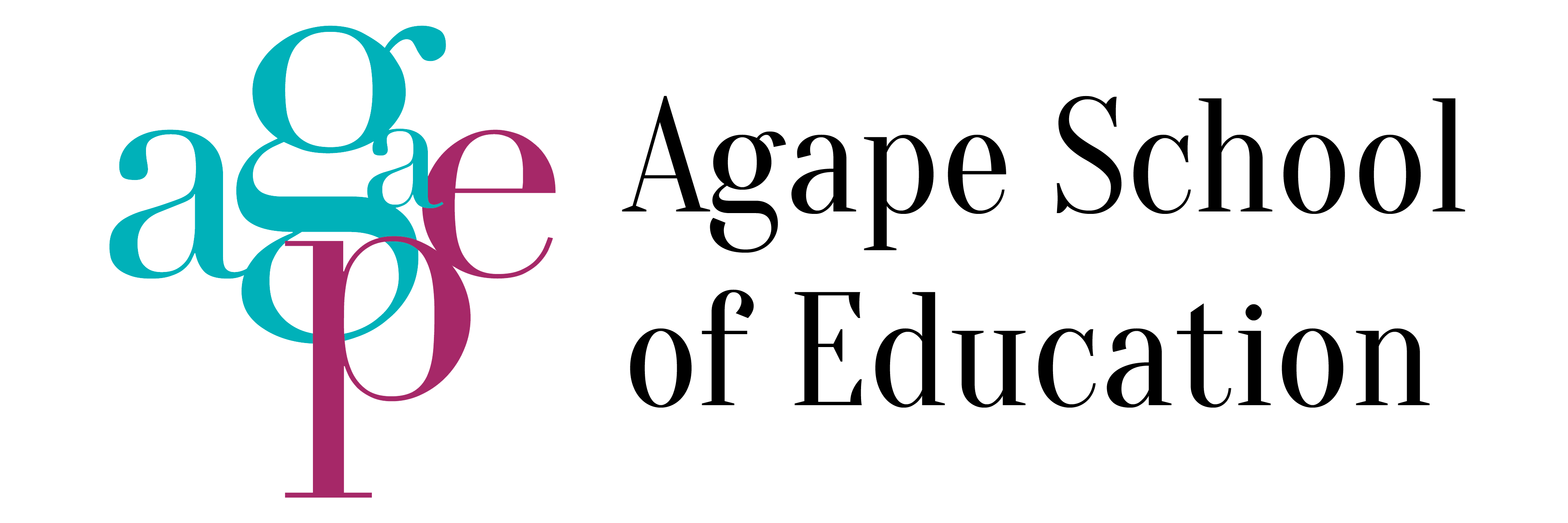We are sure you have seen some crazy Russian dashcam videos and memes of Putin circulating on the world wide web, which might have earned a chuckle or two. There was even a widely circulated post on Russian cursive writing by Putin, which was simply undecipherable. However, aside from reading the jokes and memes making fun of the Russian Language, aren’t you also intrigued to know what the language is truly about?
What is the Russian Language?
Russian is the most spoken native language in Europe, and It belongs to the Slavic group of Indo-European language families. It has about 258 million speakers worldwide with 154 million native speakers, making it the 8th most spoken language.
But, should you learn the Russian Language? How will it come in handy for you and your career?
A resounding yes. You should learn the Russian Language because Russia has been (re)positioning itself as a significant global economic force. The emergence of a new Russian middle class has led many Russians to travel abroad, marking the tourism industry. If you work in tourism, knowing how to speak Russian is definitely something to put on your CV and help your career advancement!
At the turn of the century, Russia’s economic boom has led to more and more companies seeking qualified employees who can speak and write in Russian. Conversely, since CEOs and older members of Russian corporations speak little English, Russian companies have needed more and more qualified English speakers and translators.
Having Russian mastery on your resume makes you stand out, even if the position doesn’t require it. Why may you ask? Mastering a complex language such as Russian shows dedication, resourcefulness, and perseverance and leaves a good impression on employers.
Let’s look at some fun facts about the Russian Language!
Serious topics aside, here are some fun Russian language facts that one might find intriguing!
Russian is the language of space.
Along with English, Russian is the language of space. Astronauts have to learn Russian as part of their training, and the computer system of the ISS uses both English and Russian.
English words have Russian origin.
Interesting examples include bolshevik, cosmonaut, mammoth, pogrom, samovar, sputnik, taiga, tsar, ushanka and vodka.
Russian surnames vary by gender.
Russian names consist of a first name, a family name, and a patronymic name, the father’s name plus the ending -ovich for a son and -ovna for a daughter. So if a father named Ivan has a son and a daughter, his son’s patronymic name will be Ivanovich, and his daughter will be Ivanovna.
Some words only exist in the Russian Language.
Ever met someone who asks a lot of questions? Whether at work or through a movie, the Russian language perfectly describes a person who does just that. The untranslatable word ‘Pochemuchka’ refers to someone who asks too many questions.
Russian writing is in Cyrillic Alphabet.
The Russian language uses the Cyrillic script. However, the Cyrillic script was not developed in Russia. Instead, the disciples of St. Cyril and his brother, St. Methodius, designed it based on the Greek alphabet during the first Bulgarian Empire.
So while some people call the Cyrillic script “the Russian alphabet,” it might be more accurate to call it “the Bulgarian alphabet.”
Some of the letters are pronounced quite differently than English speakers might assume. For example, Д may look like a variation of our letter “A.” However, it was derived from the Greek letter Delta. And it’s pronounced like “d”, as in dolphin.
Russian is a Class Language III.
Russia is a Class III language, which makes it as tough to study as the Japanese and European languages like Hungarian, Polish, and Czech for native English audio systems.
Nonetheless, it doesn’t take much time to study Chinese language (Mandarin), Japanese, or Arabic, all class IV languages.
Is mastering the Russian Language hard?
Not at all!
People are often intimidated by the Russian Language and assume it might be hard to master it. If you have the right tutors and the educational materials, no language will be impossible for you to learn.
A native Russian tutor can help you pinpoint and target your weak points. While online Russian courses can help you learn a lot of information, you might not notice what you struggle with most. One-on-one tutoring can give you more direct feedback on how you’re doing and the areas you need to work harder on.
Additionally, the right Russian tutor can give you strategies to improve your learning. Russian learning tools can make or break your understanding, and an excellent Russian tutor can help direct you on how to use them, thereby improving your learning and efficiency. They can also provide you with valuable speaking practice. Speaking practice (particularly with native speakers) is a beneficial way to reinforce what you’ve learned about vocabulary and grammar while preparing yourself for real-life conversations.
At Agape School of Education, our aim is to quality and provide you with the best education in your desired language. If you are looking to master the Russian language, look no further as we come well equipped with native tutors, one-to-one feedback and complete educational materials needed for you to excel! Talk to us and get in touch with us now!








0 Comments